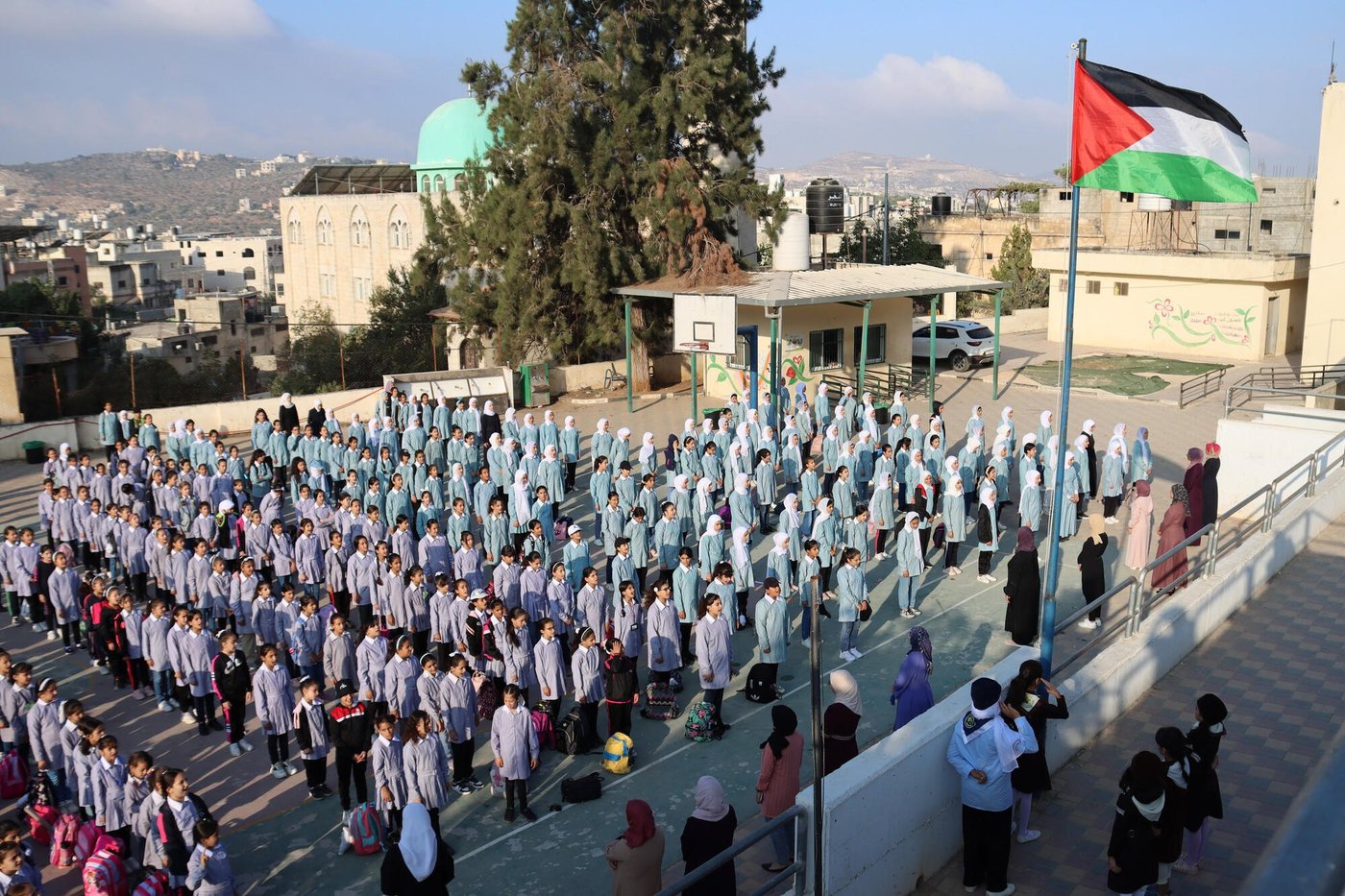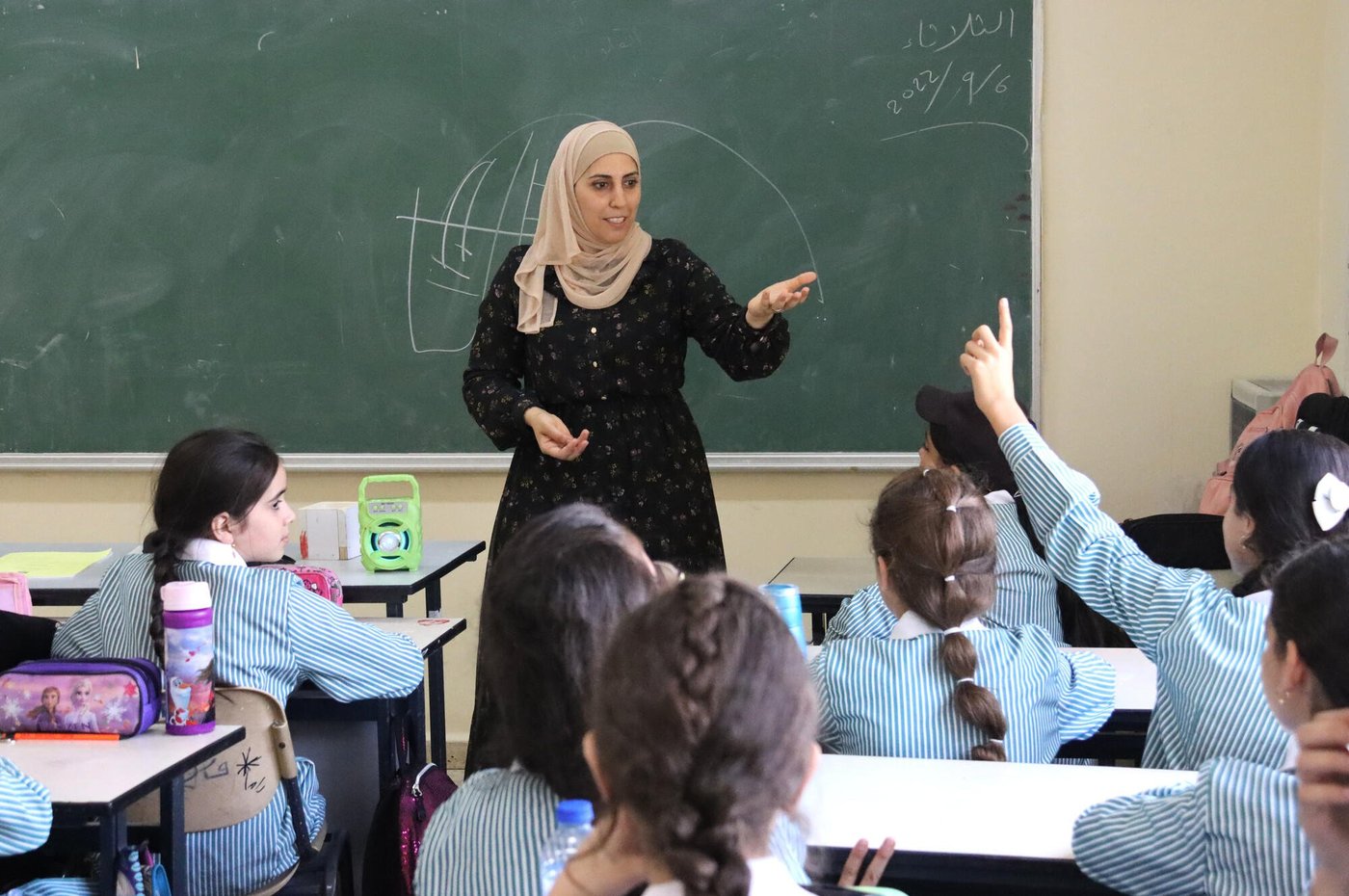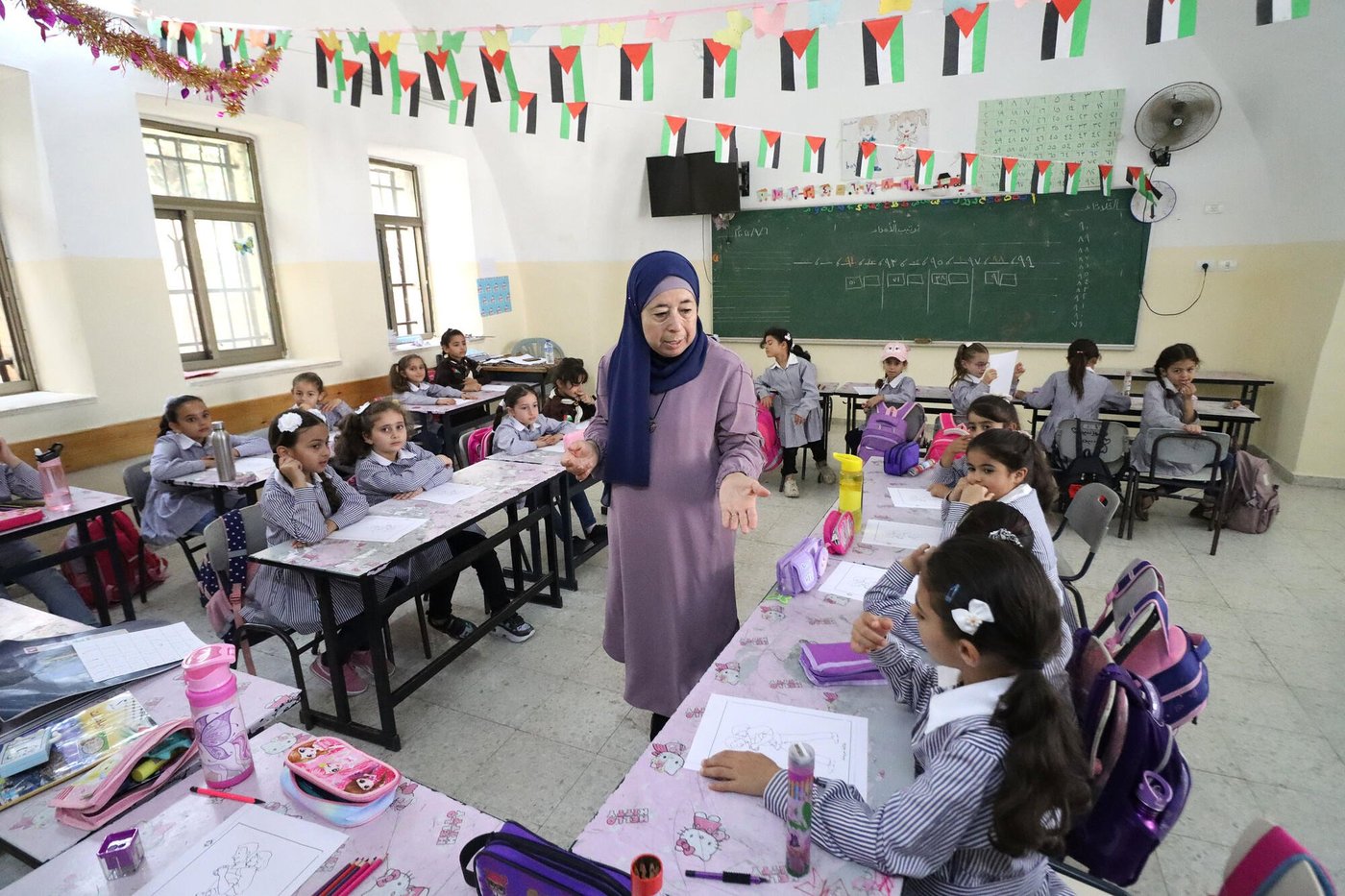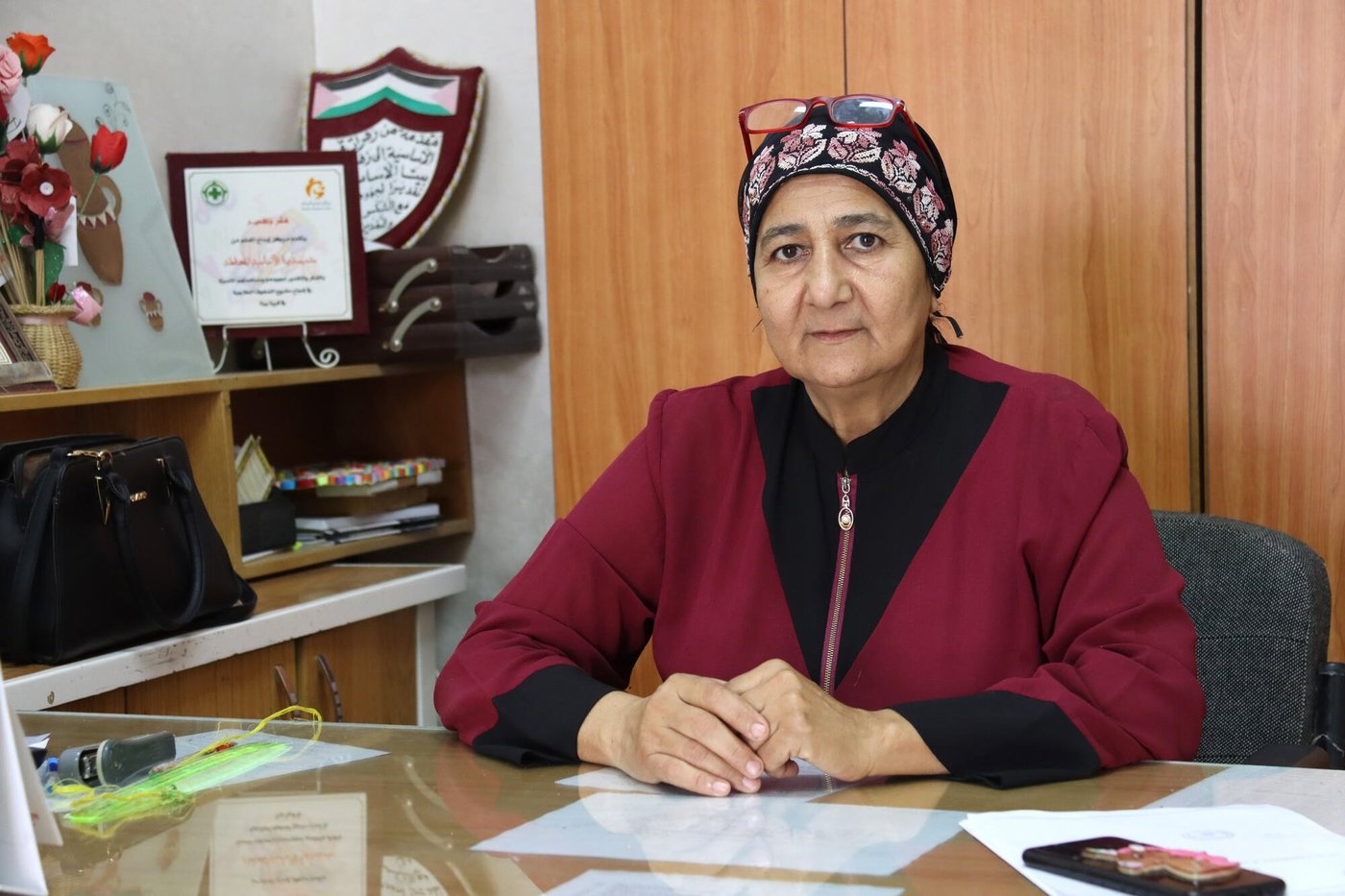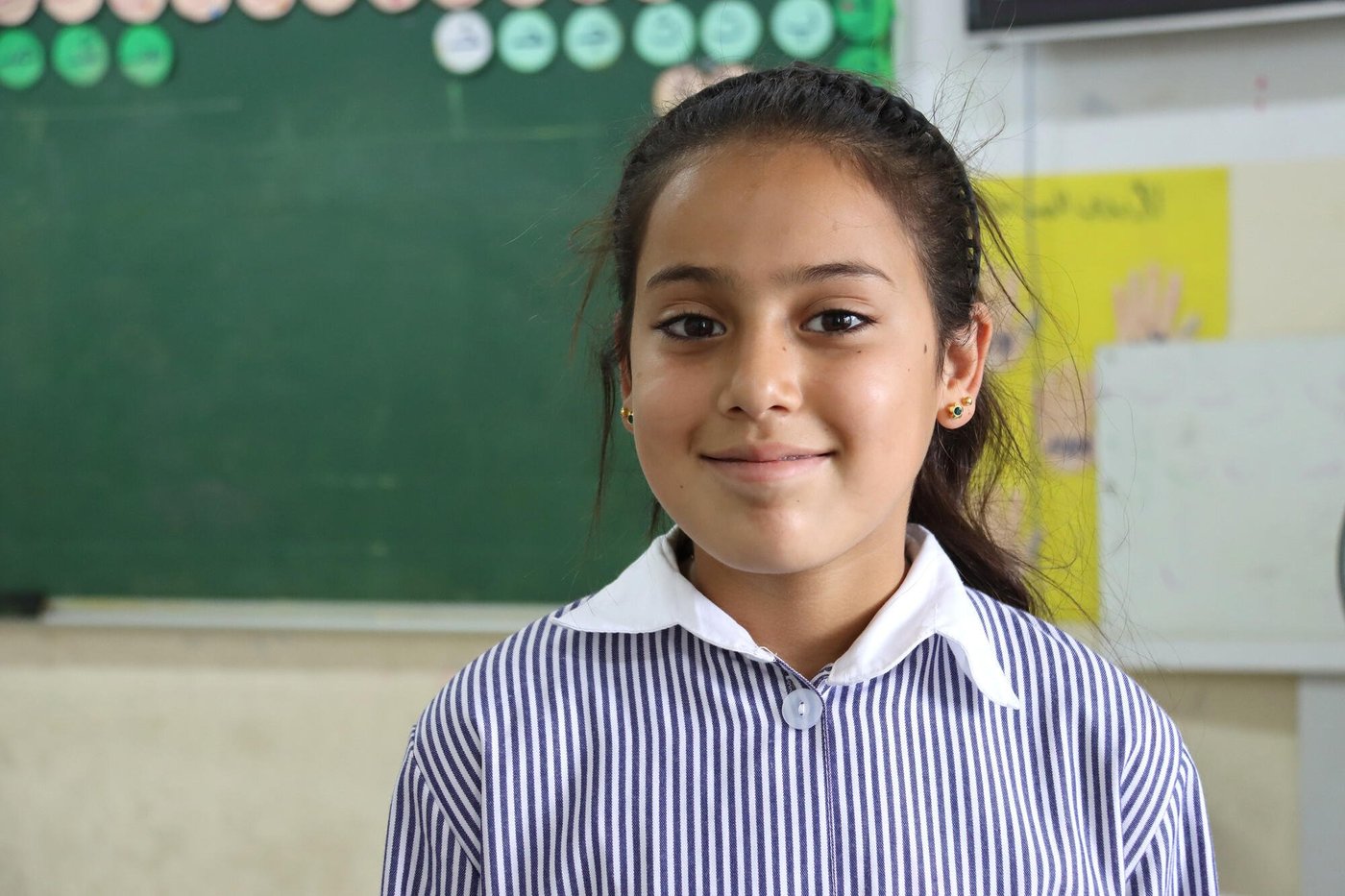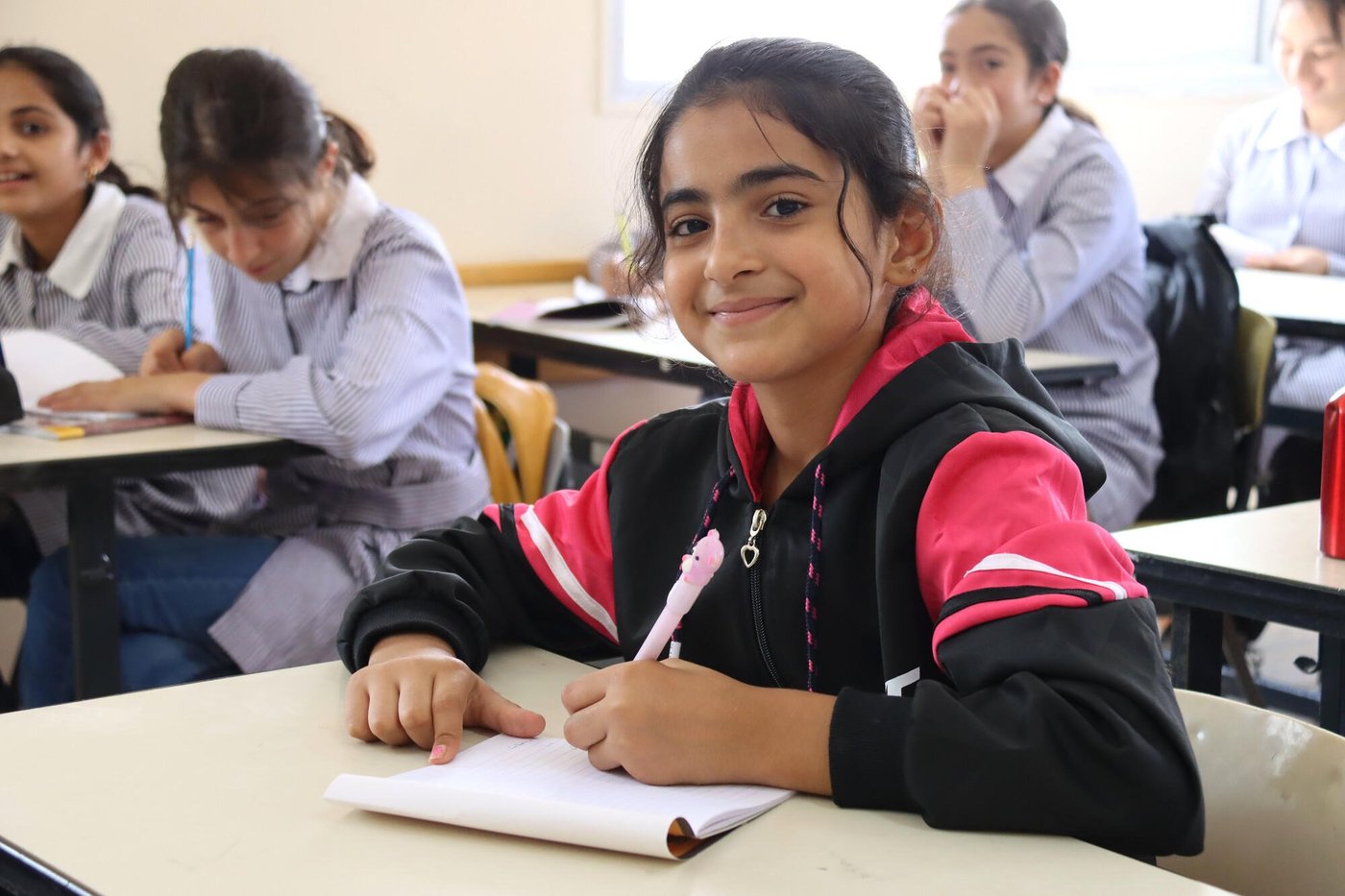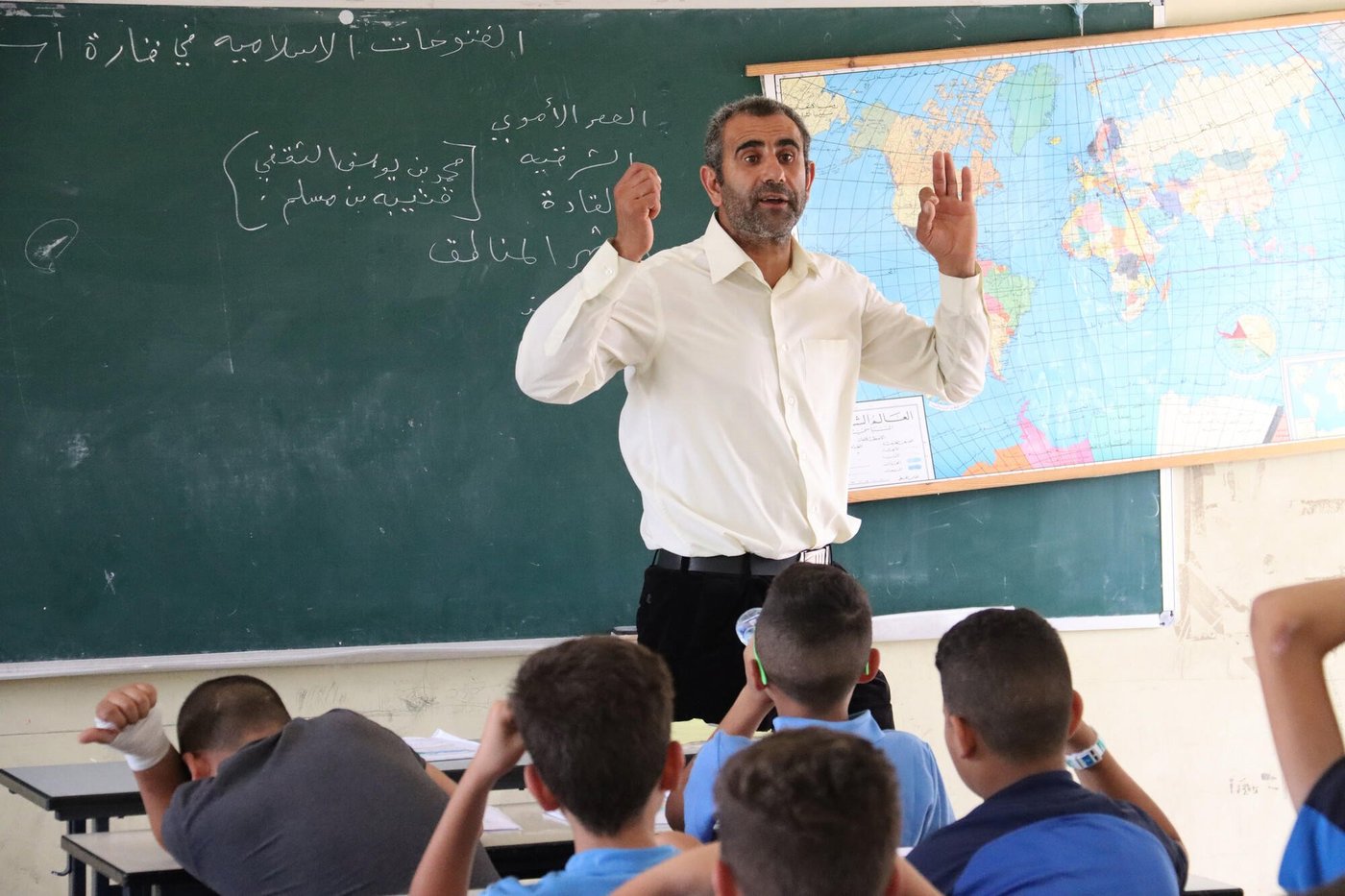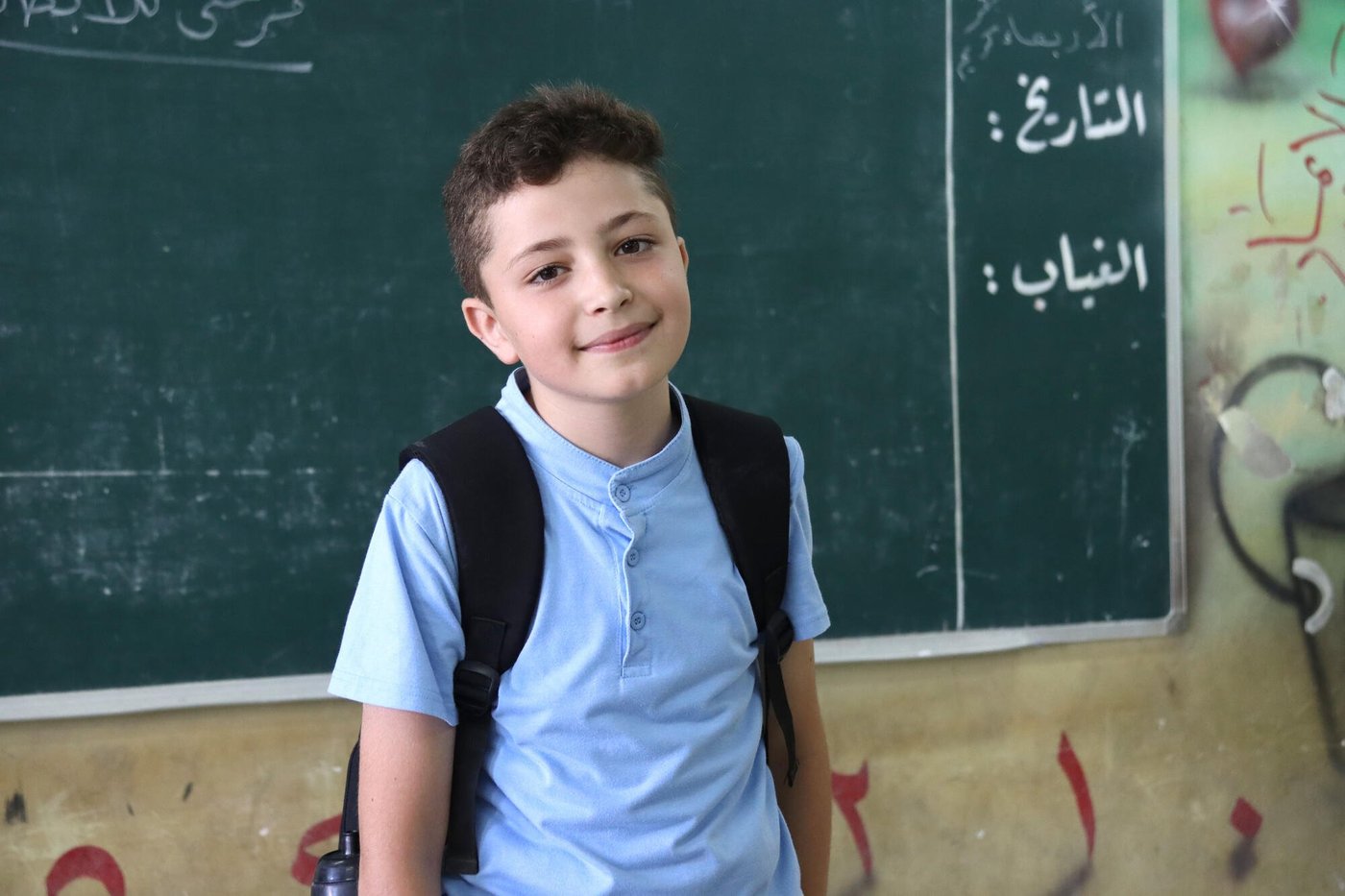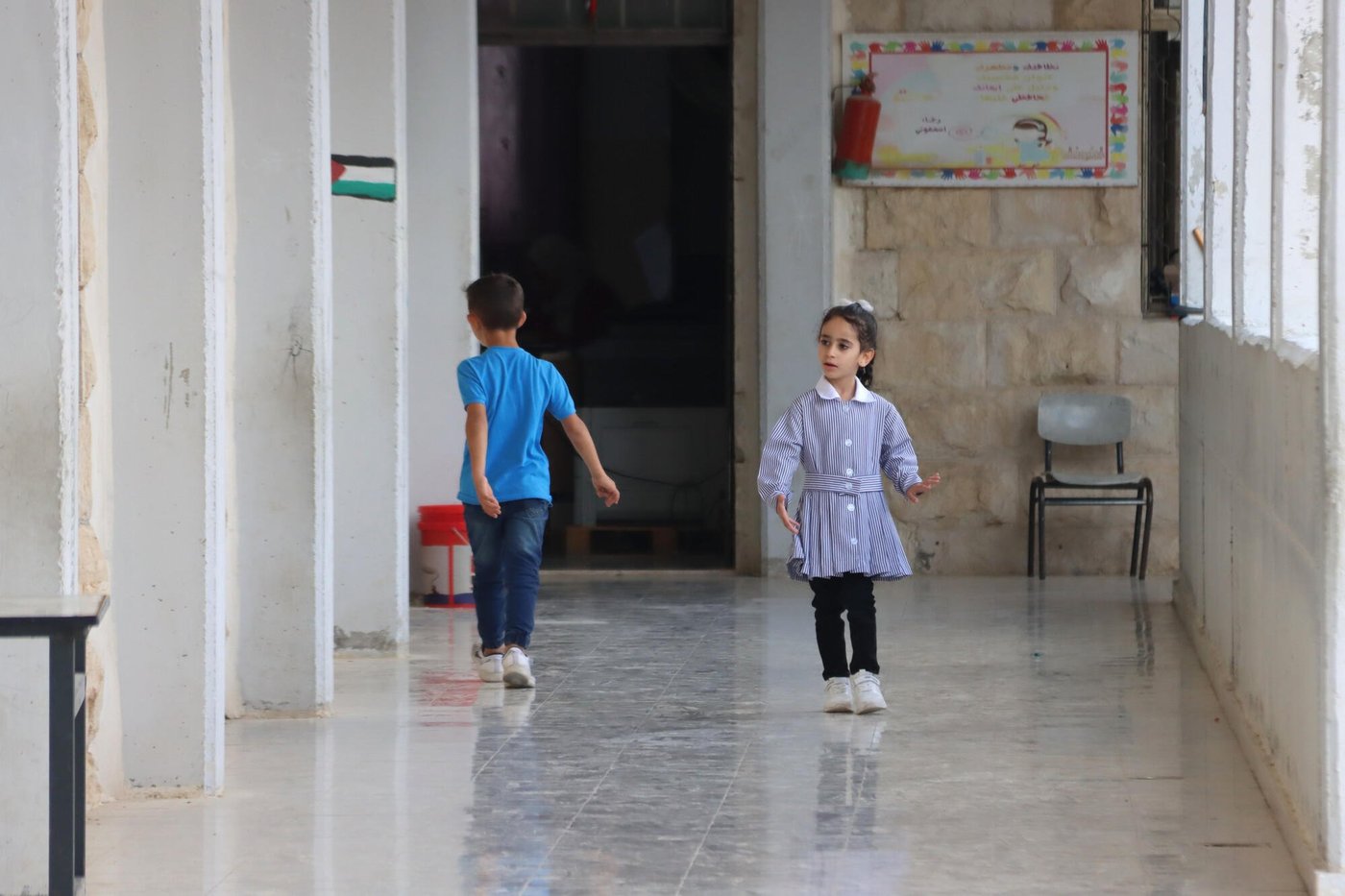Weekly protests against the land grab have resulted in clashes with Israeli forces. According to the UN, 10 Palestinians, including two children, have been killed by Israeli forces’ live ammunition, and 6,800 have been injured. The Israeli army has also carried out search and arrest campaigns to quash the unrest.
Israeli authorities designated some 60 dunams (15 acres) as ‘state land’ in October 2021. A freedom of information request filed by the Israeli NGO Peace Now revealed that Israel allocates over 99 per cent of state land in the occupied West Bank for Israeli use only. According to international law, this public land should be preserved and developed for the benefit of the occupied population.
In response, the then-attorney general Avichai Mandelblit approved legalising the outpost under Israeli law. All settlements are illegal under international law and condemned, virtually unanimously, by the international community.
The violence has affected the daily life of almost every single resident of the town, including children. Since July 2021, the Norwegian Refugee Council (NRC), with the support of EU Humanitarian Aid, has implemented psychosocial support to children in Beita. The partnership with EU Humanitarian Aid allowed NRC to provide psychosocial support after the first killings to 593 students.
Our psychosocial support programme for children is named the Better Learning Programme (BLP). It is a classroom-based psychosocial approach to supporting children who have been exposed to traumatic experiences because of conflict and displacement. The programme creates the right conditions to improve children’s ability to learn. It mobilises children’s support networks of caregivers, teachers and school counsellors – and takes a broad approach to helping to restore a sense of normality and hope.
BLP was jointly developed by NRC and Jon-Håkon Schultz, a professor of educational psychology at UiT The Arctic University of Norway in Tromsø. With the support of EU Humanitarian Aid, it was first launched in the occupied Palestinian territory in 2012. Some 63 per cent of children in the West Bank reported improvements in their ability to do homework, and 92 per cent reported reductions in nightmares after participating in the programme.
